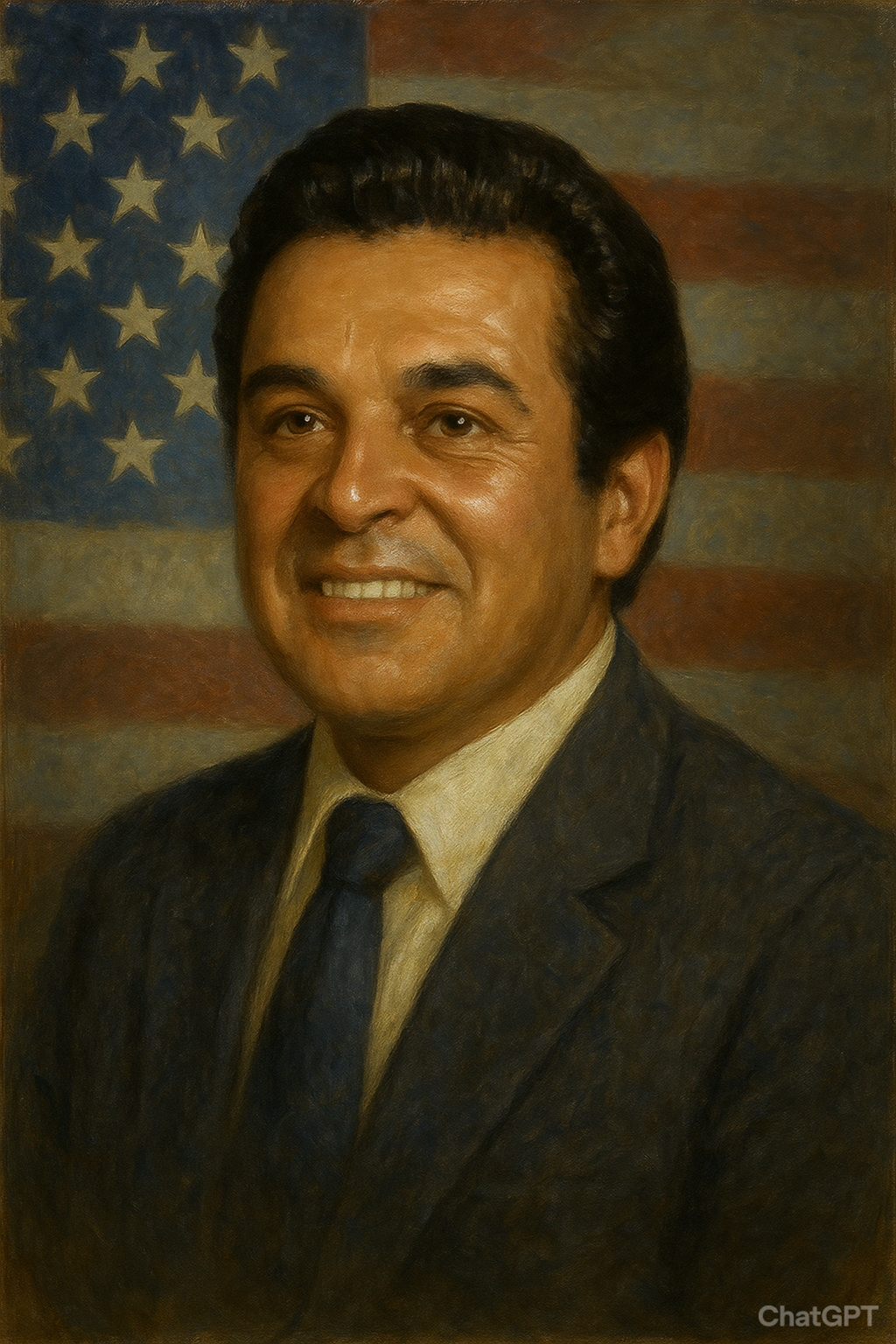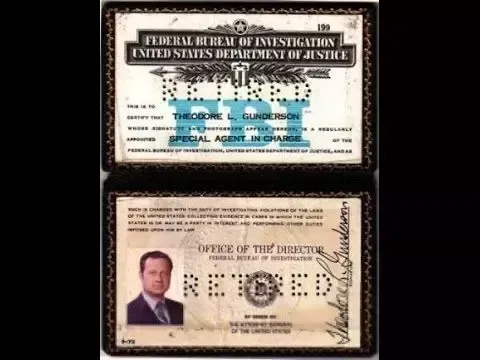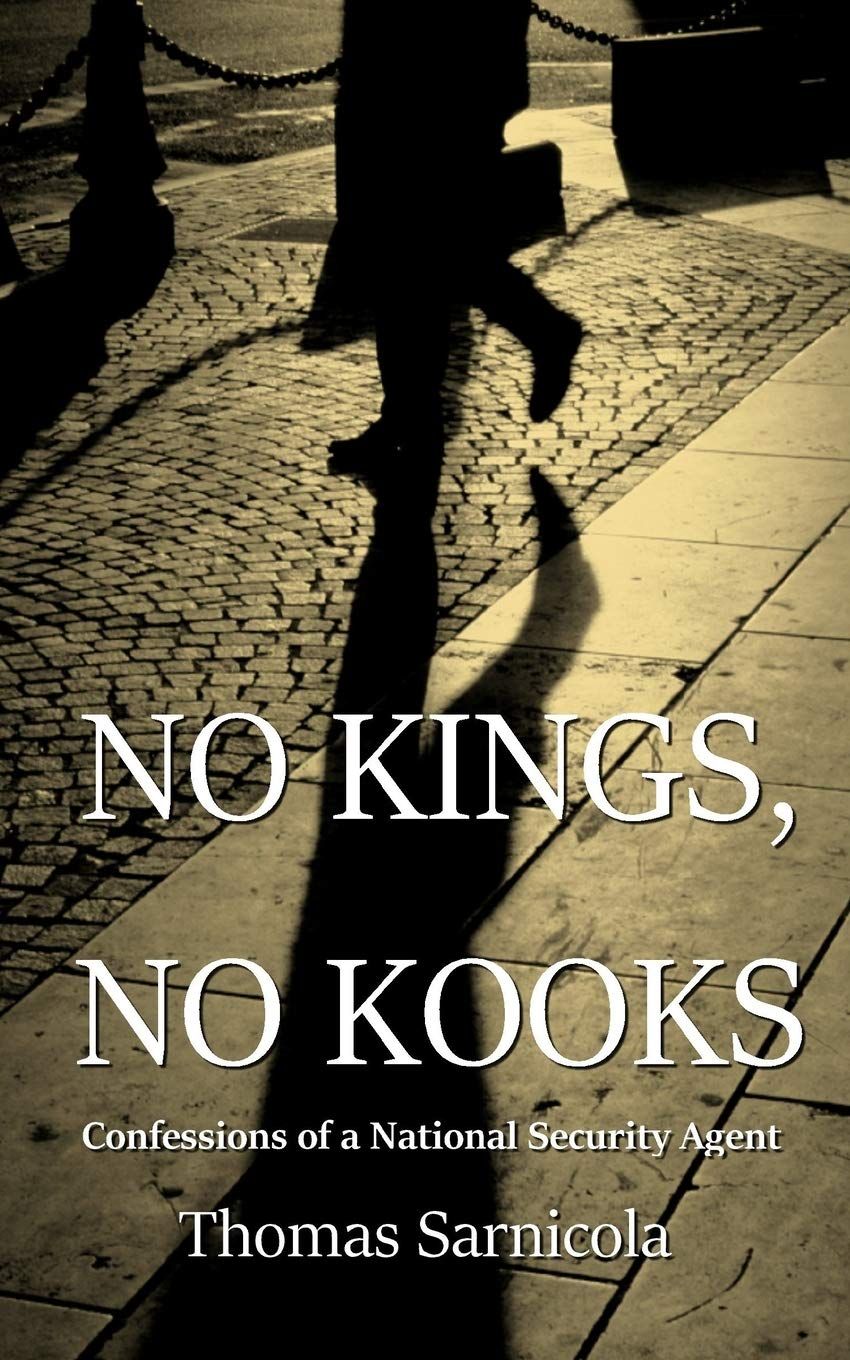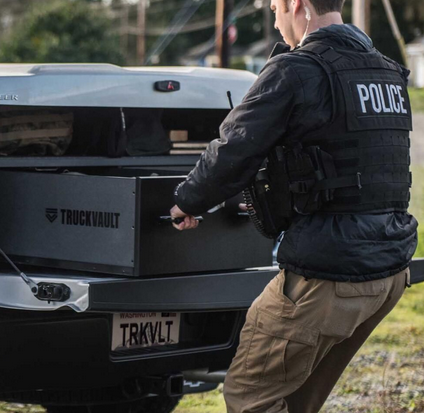Common Law Enforcement Myths
February 26, 2022

There are some inaccurate perceptions and myths the public unfortunately extrapolates from television shows and movies. Some of these myths are understandable to the law enforcement community, whereas others can border the preposterous. Allow me to clarify some of our mutual misunderstandings.
- Myth - Law Enforcement Officers must read a suspect their rights upon arrest.
- Fact: Police do NOT have to read a suspect their Miranda Rights upon arrest. However, they must inform a suspect of their Miranda Rights prior to questioning that can be potentially incriminating of a crime.
- Myth - Undercover Officers must admit they are law enforcement if confronted.
- Fact: This is comically false. Undercover law enforcement officers have no obligation or legal requirement to disclose their true status.
- Myth - Law Enforcement Need Probable Cause or a Warrant to Search a Person.
- Fact: A law enforcement officer must have Reasonable Suspicion in order to conduct a pat-down search of a person. If an arrest is subsequently made, the search can be more thorough. However, more intrusive body searches (i.e. for DNA or Blood) will likely require a warrant; although there are still available 4th Amendment exceptions.
- Myth - Federal Law Enforcement Officers (i.e. Special Agents) have more authority than state and local police officers.
- Fact: The majority of laws in the United States are at the State & Local level. A police officer can make an arrest for a litany of state charges ranging from traffic misdemeanor to felony assaults. Most federal law enforcement officers have jurisdiction over a comparatively limited set of federal violations. In general, State & Local officers can make arrests for a litany of laws in their limited jurisdictions. Conversely, federal agents can make arrests for fewer violations but throughout the United States. Most importantly, both federal agents and State/Local officers can arrest each other for violations within their respective jurisdictions.
- Myth - Law Enforcement Officers shoot their guns all the time.
- Fact: It is statistically unlikely that an individual law enforcement officer will discharge his/her firearm in the course of their career. However, a law enforcement officer must routinely use their firearm for inherently dangerous operations (i.e., search warrant, arrests). A partial 2019 FBI study revealed the following additional information:
- Based on reporting from just under half the state/local agencies in the U.S., there were approximately 56,000 assaults reported that resulted in 17K+ officer injuries. Approximately 2,240 incidents involved firearms by suspects (Remember, this is a poll of only half the agencies so it is underreported.).
- The same study documented that 2,136 federal law enforcement officers were assaulted, resulting in 372 injuries. 180 of the assaults involved firearms, which caused 20 injuries.
Verdict: Law enforcement as a whole is still a very dangerous profession with inherent risks of injury and violent death. Those officers that stay proficient with their firearms will likely be able to better deal with violent suspects.
- Myth - The FBI is the "Top" law enforcement agency in the country and can "take over" a case.
- Fact: The Federal Bureau of Investigation (FBI) is admittedly the largest 1811 criminal investigator agency in the country. However, there is no formal hierarchy among investigative services. The FBI has its own unique jurisdiction as do agencies such as the Drug Enforcement Administration, United States Postal Service and Homeland Security Investigations (2nd largest). Additionally, several other 1811 agencies are much older than the FBI. In the event there are jurisdictional or case related disputes among the agencies, the United States Attorney's Office is often the informal arbitor.
- Myth - Everything that federal agents do is "secret" and they are always "undercover."
- Fact: Confidentiality is vital to the work of law enforcement in general and is especially important in regards to classified matters. The majority of 1811 Special Agents are simply plain clothed investigators. A small cadre of criminal investigators engage in undercover work, which requires more extensive operational security measures.
- Myth - Police Officers and Federal Agents don't like each other and often get into professional conflicts.
- Fact: Officers and Special Agents routinely work together on joint task forces. The law enforcement profession is generally very supportive of each other due to the hazards inherent in the profession.









